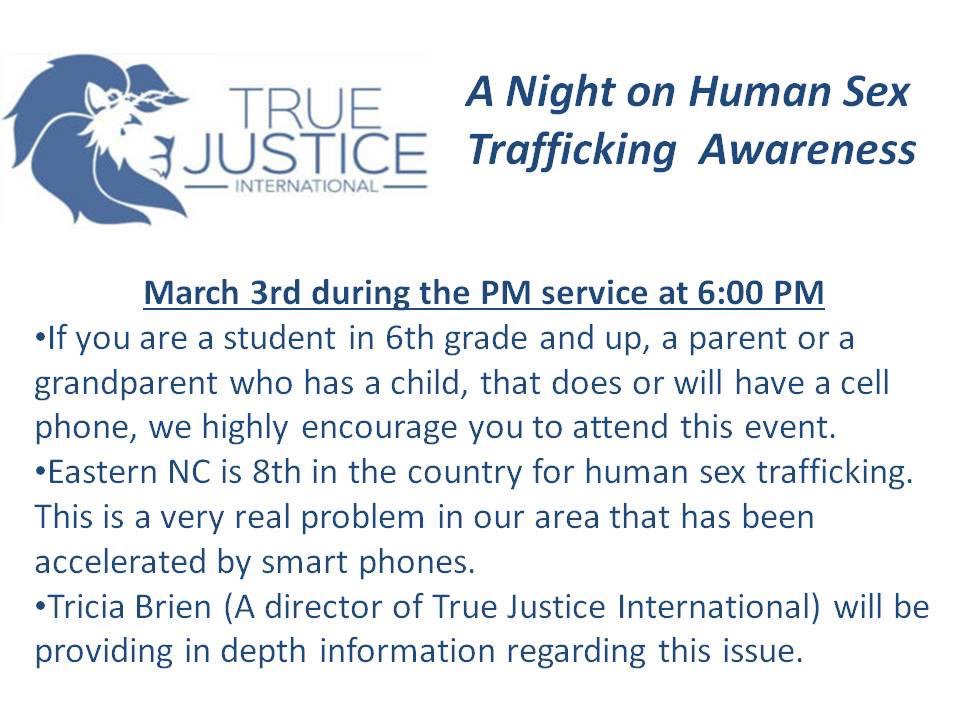NCSU chancellor makes ‘digital trip’ to CSS classroom
Contentnea-Savannah seventh-grader Jeremiah Brown asks a question of N.C. State University Chancellor Dr. Randy Woodson during a video conference that focused on the partnership between N.C. State and Lenoir County Public Schools in a teacher development program called TIP. At the monitor with Jeremiah are, from left, Associate Superintendent Frances Herring, CSS STEM teacher Stephanie Harrell, principal Rhonda Greene and teacher intern and TIP Scholar Katie Martin, who works with Harrell. Submitted photo
By Michael Moon
Contentnea-Savannah K-8 School
Dr. Randy Woodson may have slightly oversimplified his job description when he told a group of seventh-graders at Contentnea-Savannah K-8 School he was “sort of like the principal” at North Carolina State University.
In reality, as chancellor, Woodson is the leader of the largest university in the state, and his leadership role places him in charge of more than 34,000 students and a $1.5 billion budget. Among the myriad programs at N.C. State is the TIP Teaching Scholars program and the reason for Woodson’s digital trip to Kinston Tuesday morning.
Woodson and his team arranged to meet with a team of educators at CSS to learn more about Lenoir County’s participation in The Innovation Project (TIP), a collaborative of 24 school districts in North Carolina that have partnered to offer financial aid and guaranteed teaching positions to highly qualified N.C. State College of Education graduates in one of five public school districts facing teaching shortages.
CSS principal Rhonda Greene talked to the panel about the challenges that rural counties such as Lenoir face in attracting and retaining teachers, while Associate Superintendent Frances Herring discussed the TIP program’s importance to Lenoir County and other Tier One counties.
The meeting took place in real time in Stephanie Harrell’s Exploring Engineering and Design classroom using the Zoom video conferencing platform. Harrell discussed with Woodson and his team the progress that her teacher intern, Katie Martin, have made within the program and how Martin’s participation has improved student learning in her classroom.
Martin talked about her time in Lenoir County and how the TIP program had helped her. She focused on the sense of community she had found in Kinston and Lenoir County.
“I have a lot of support through the program, whether it’s the other TIP scholars, the county or other representatives,” said Martin, who will graduate from N.C. State in May with a degree in technology, engineering and design education. “(Lenoir County) is a great community, and it is a great feeling to know all of these people have got my back.”
The panel concluded with a small Q&A from some of the students in the classroom who were interested in, among other things, the job of a chancellor, how they could pursue a similar job and whether students at N.C. State struggle.
On that last point, Woodson offered a closing and salient remark.
“We all struggle,” he said. “The important thing is having the right people around you to help you.”



